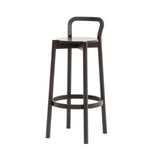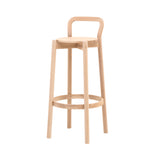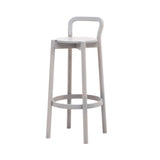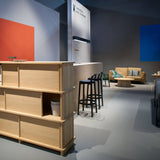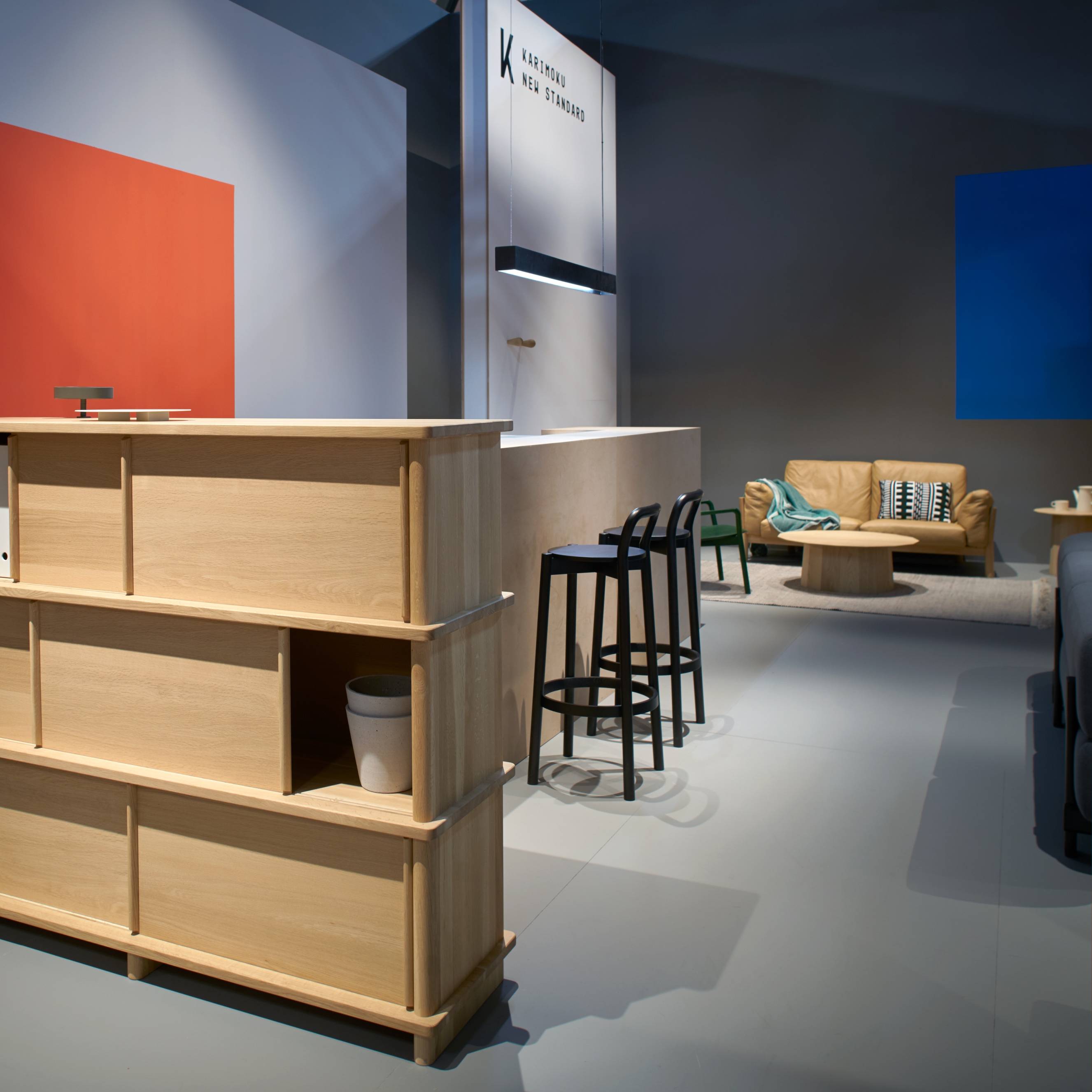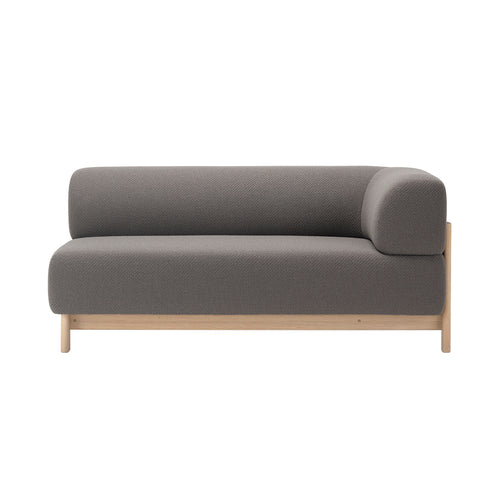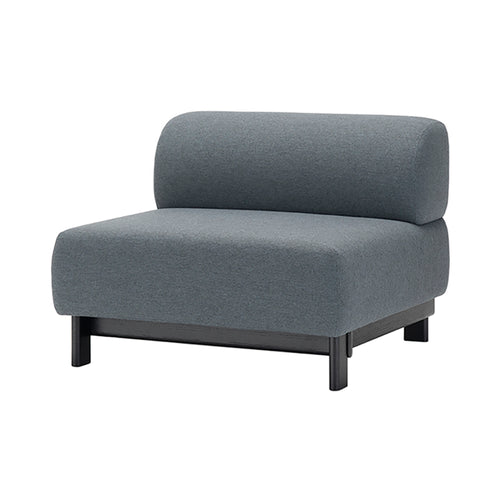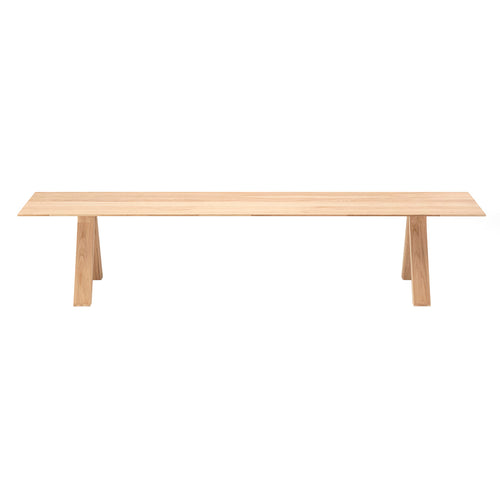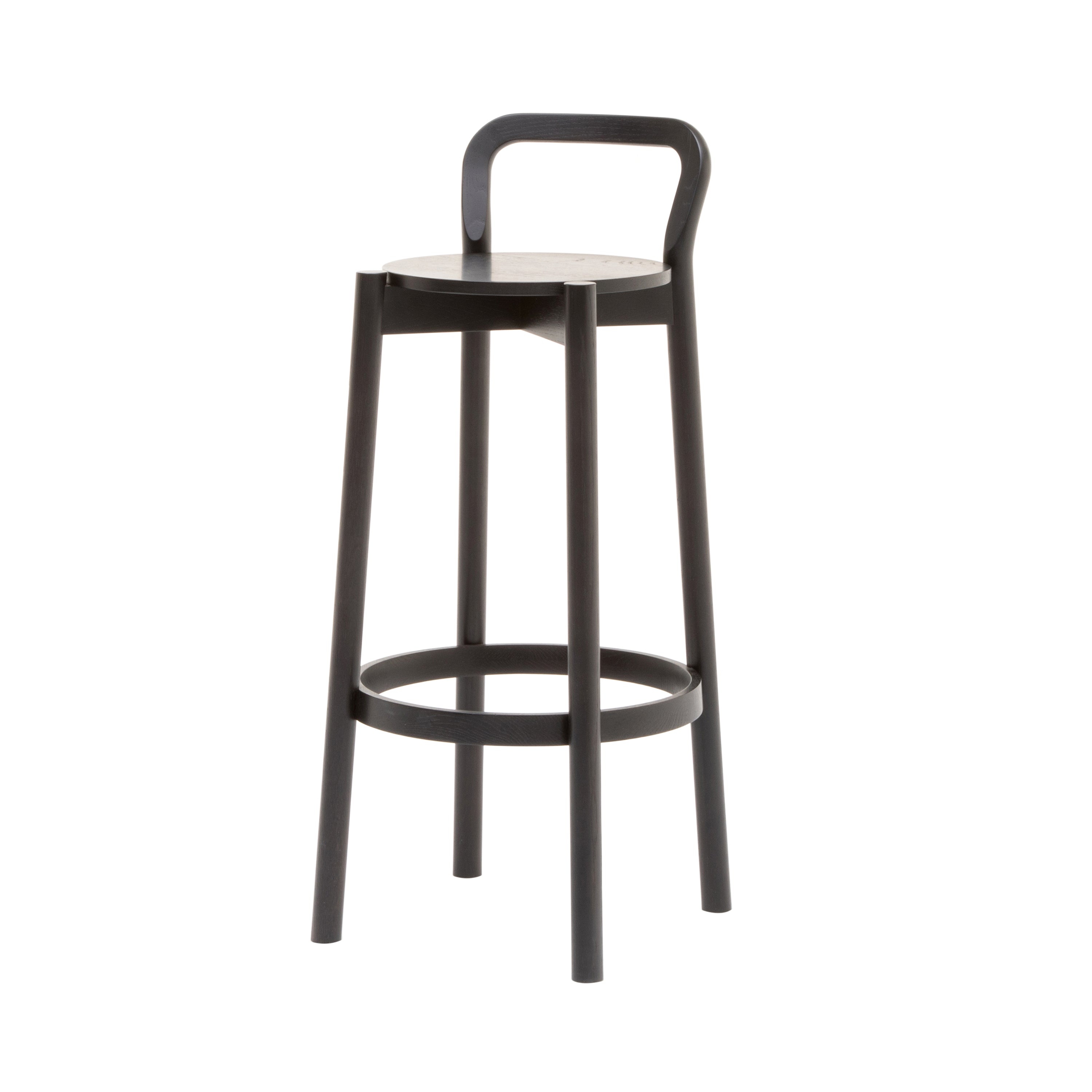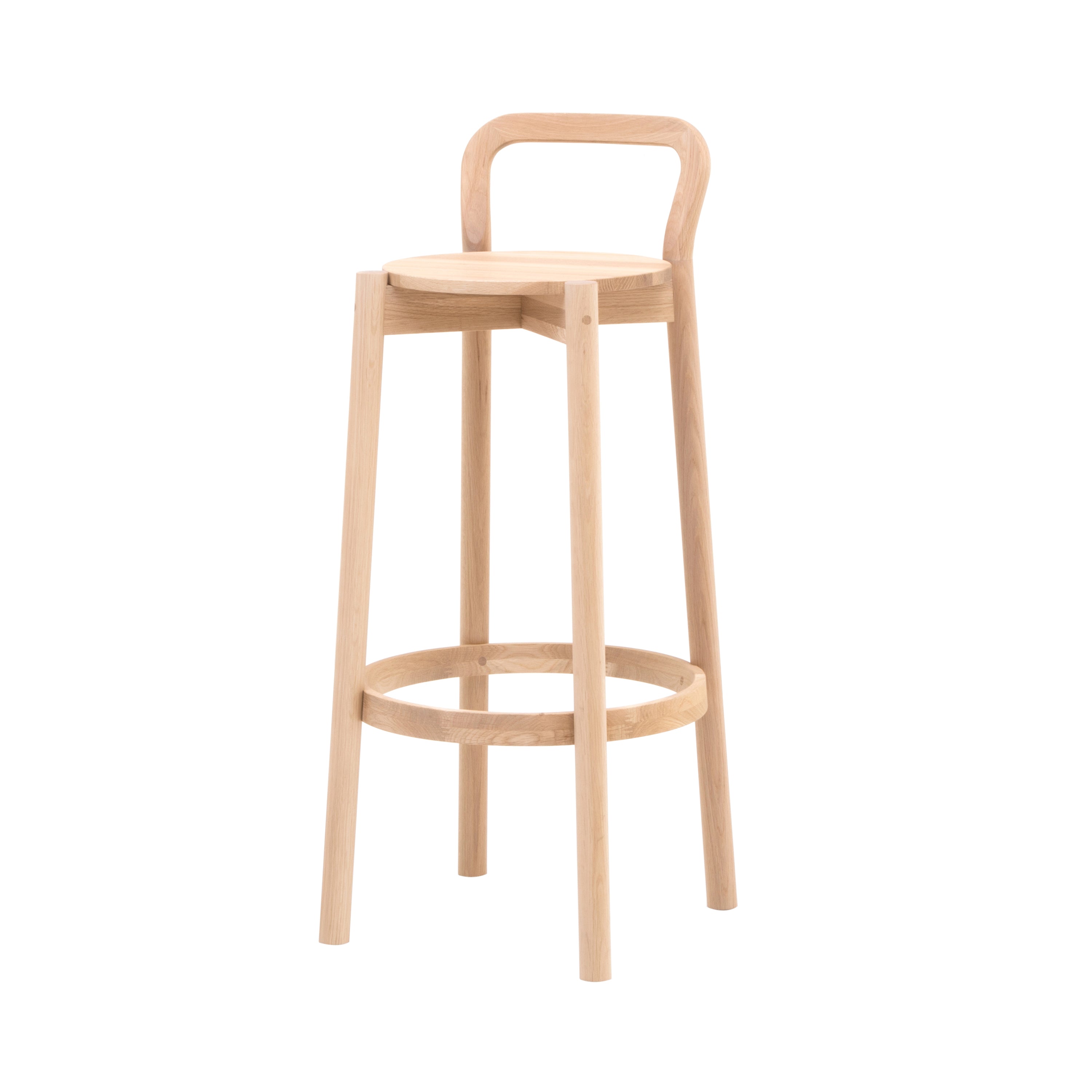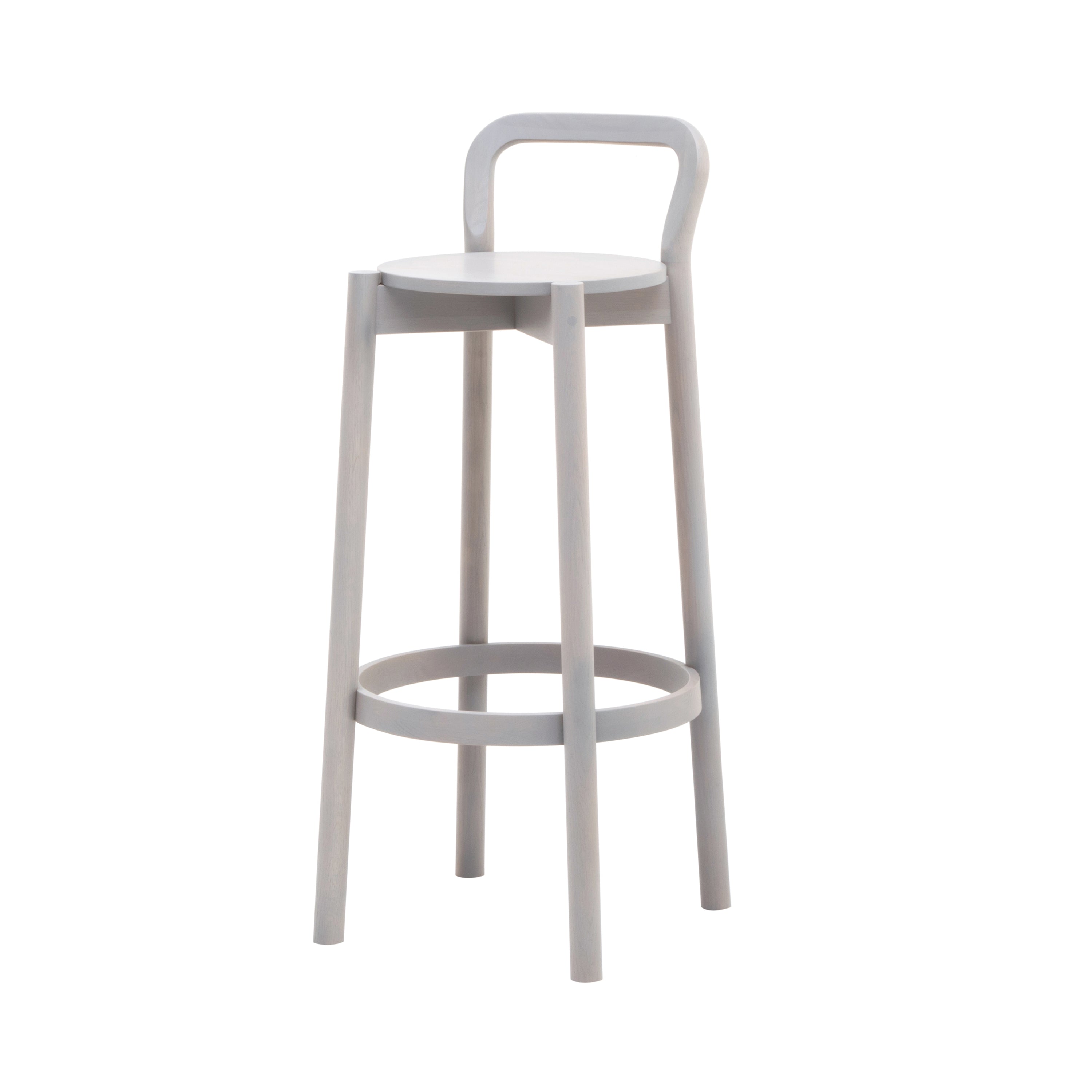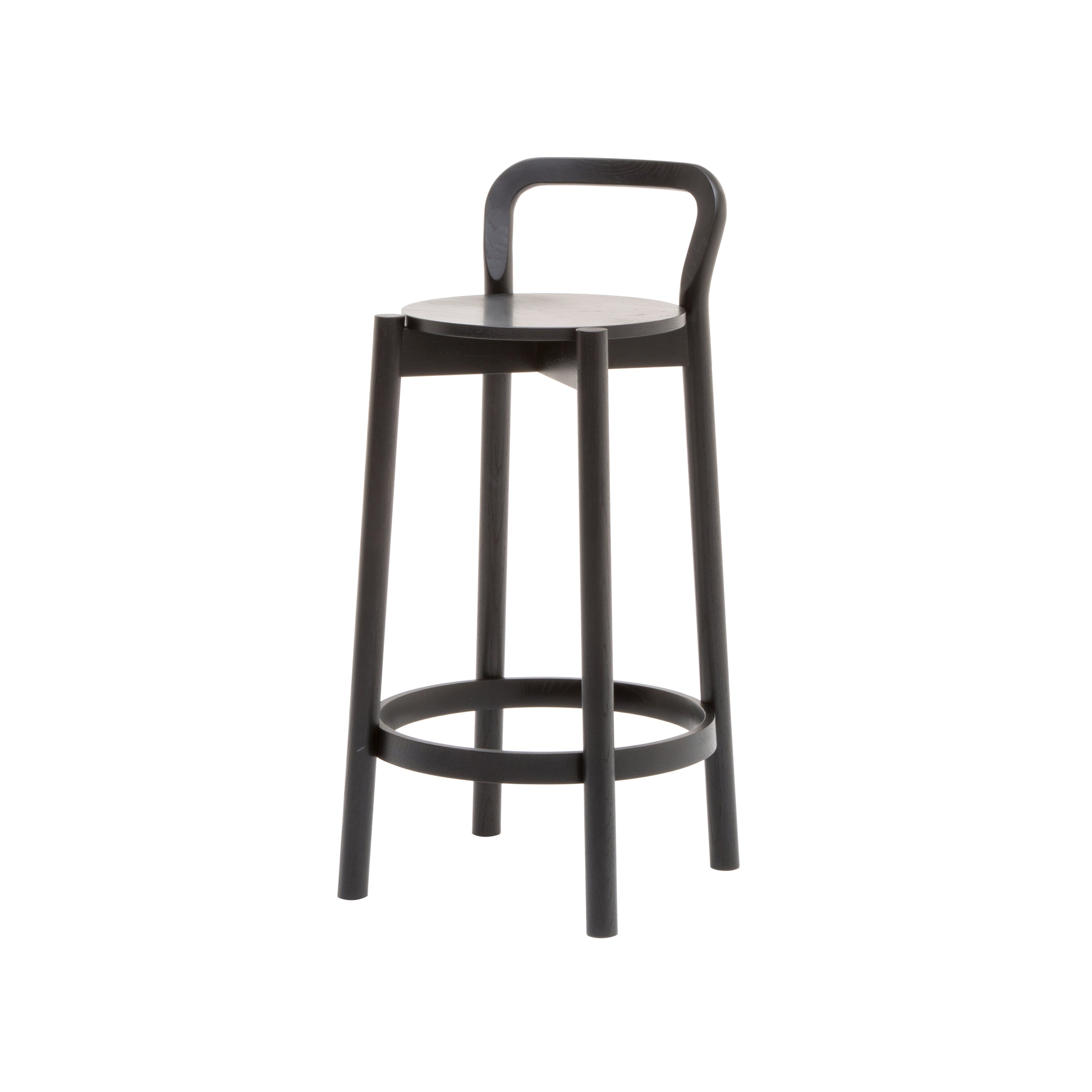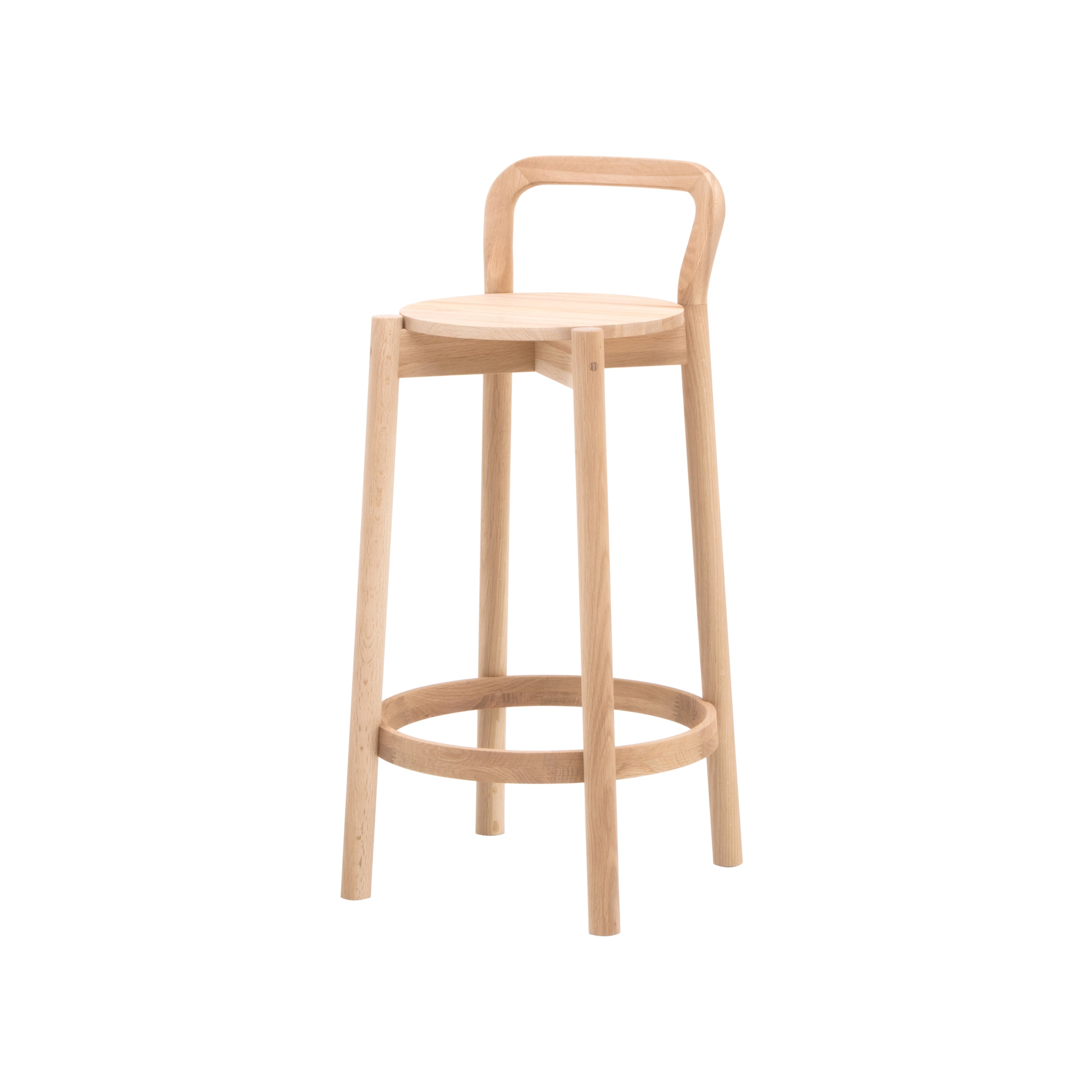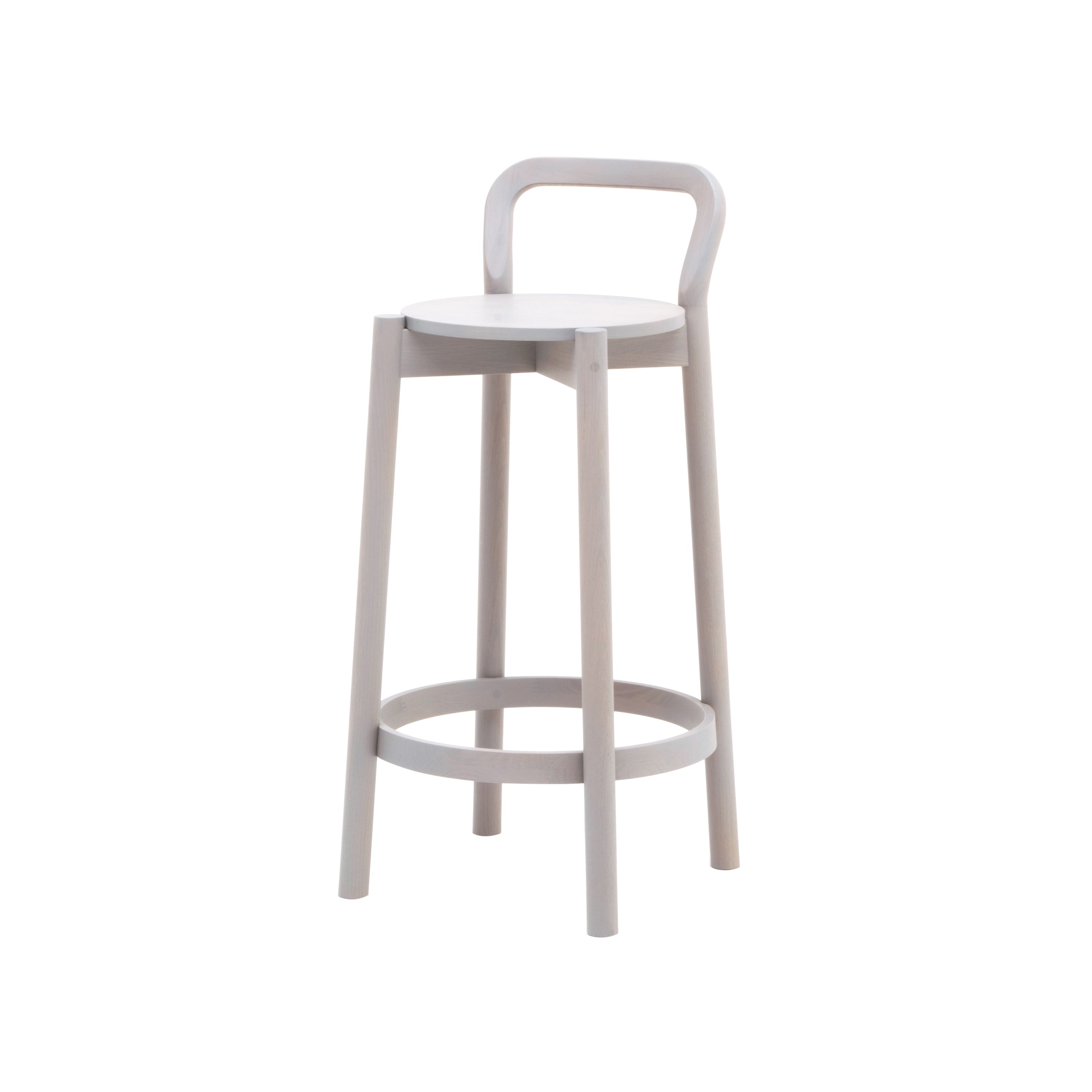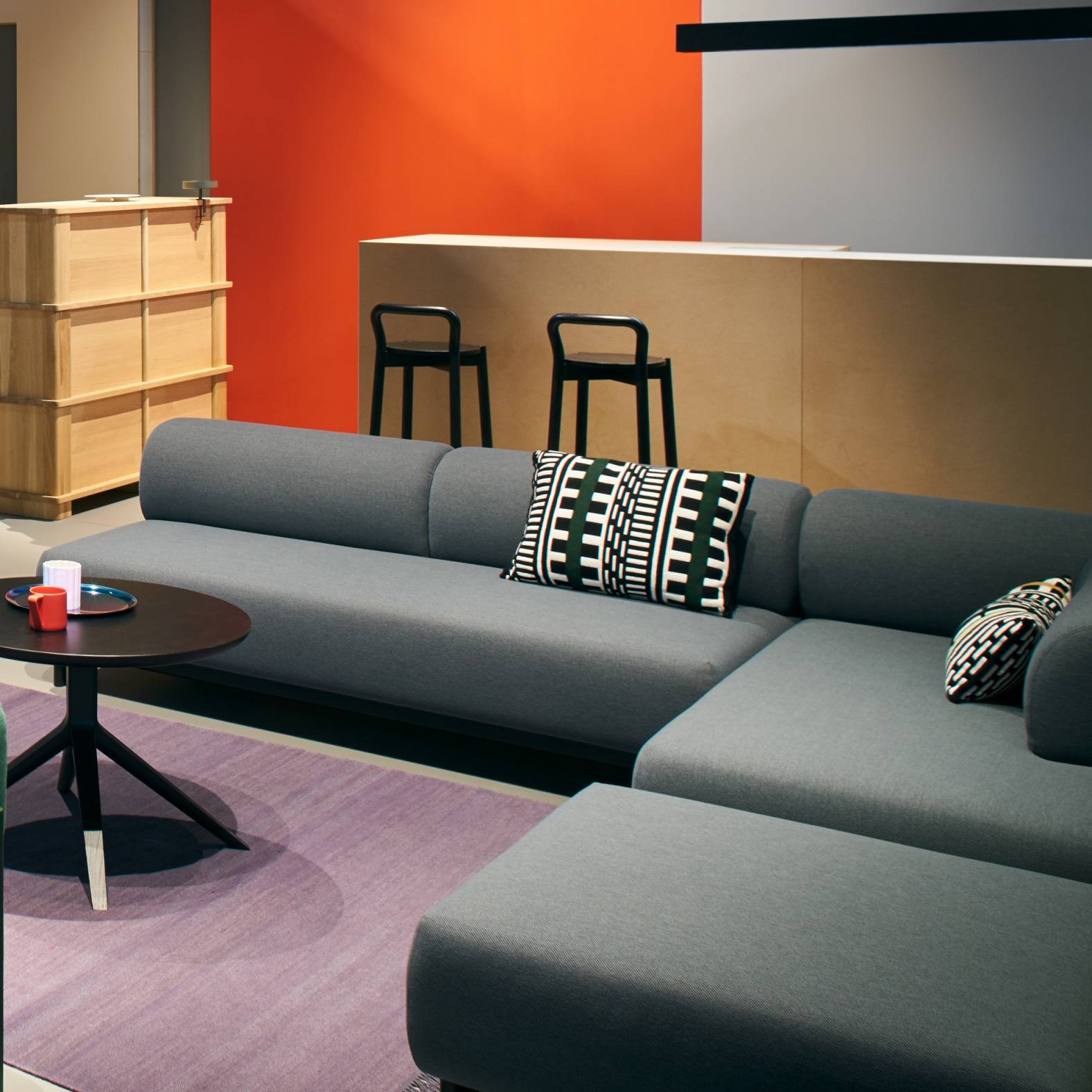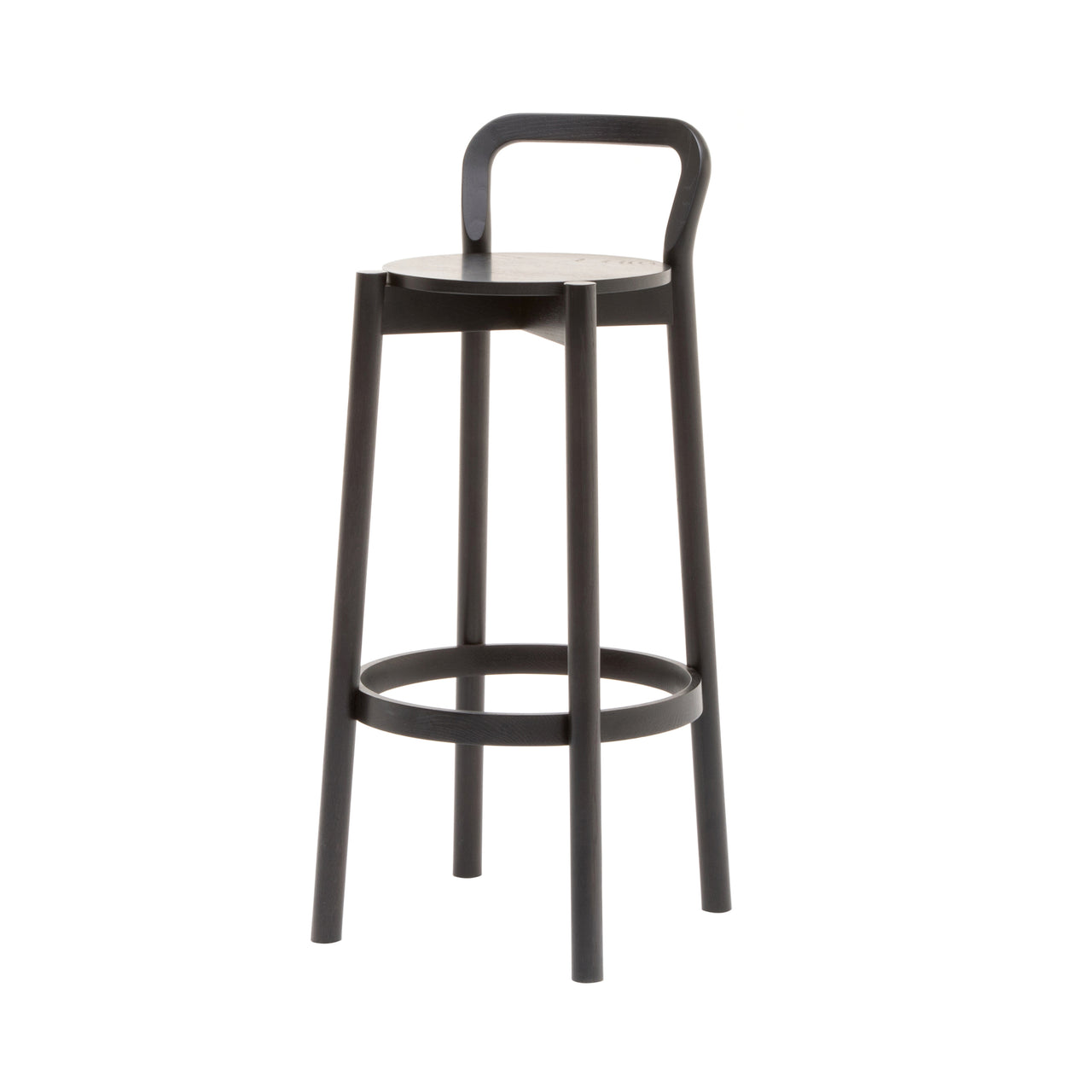
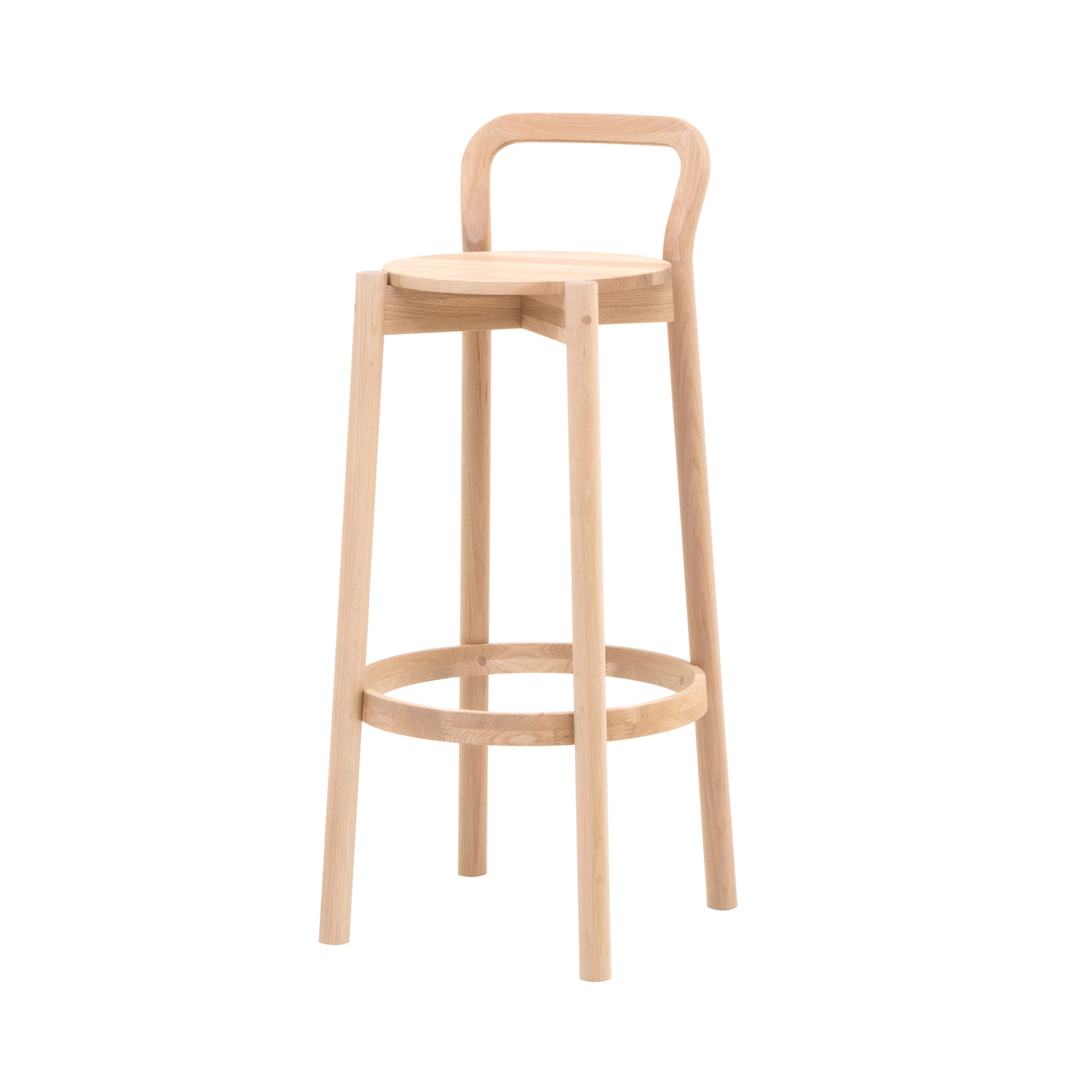
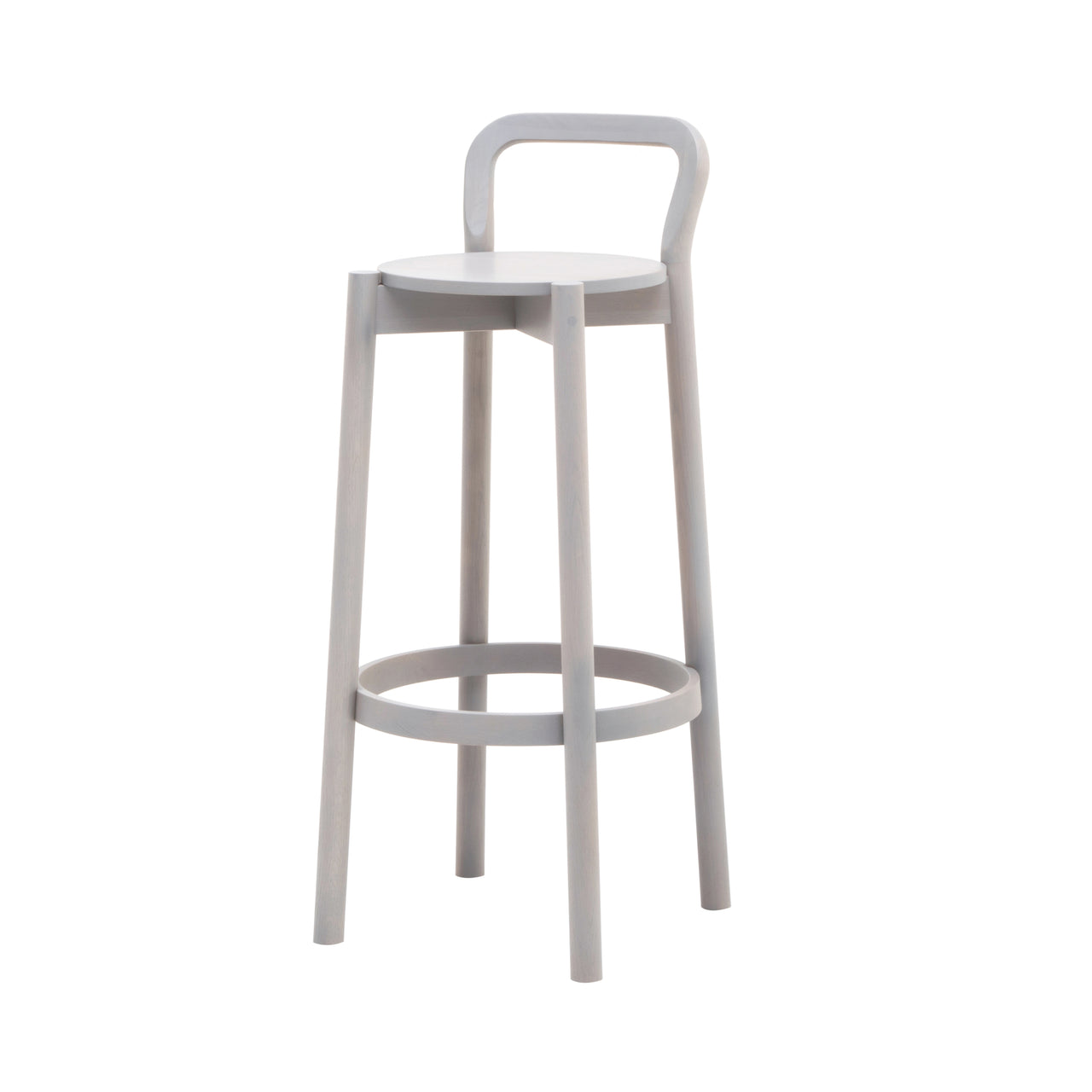
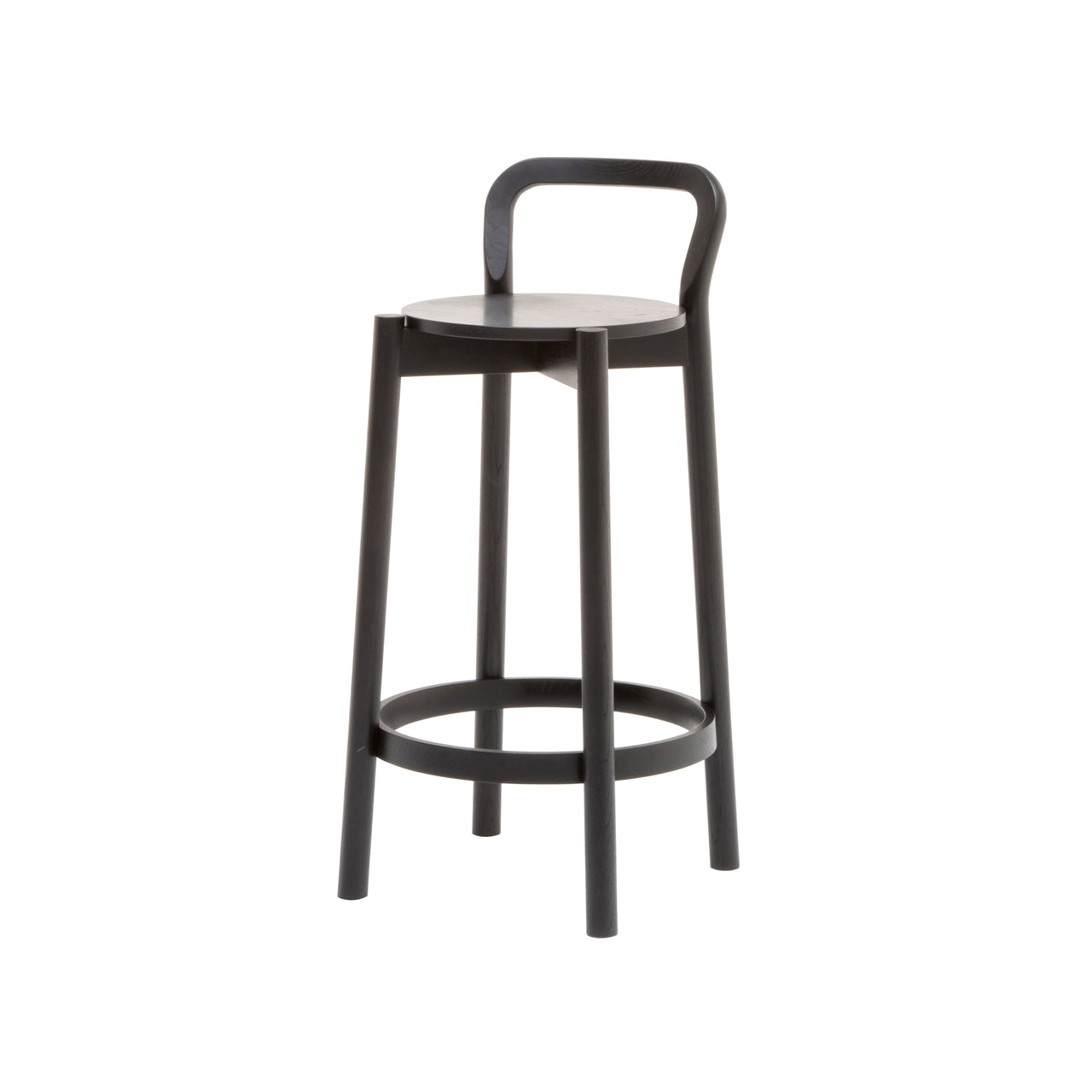
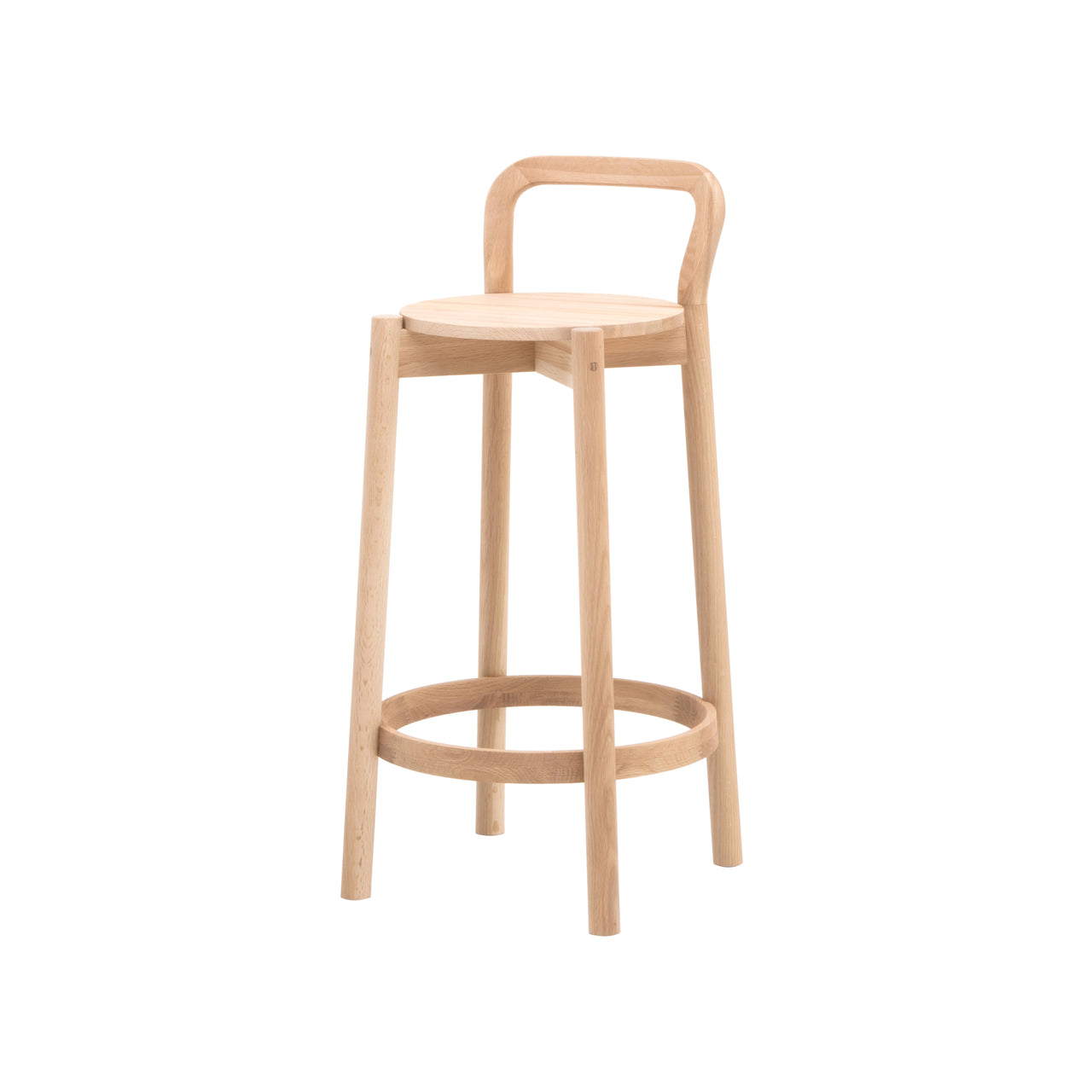
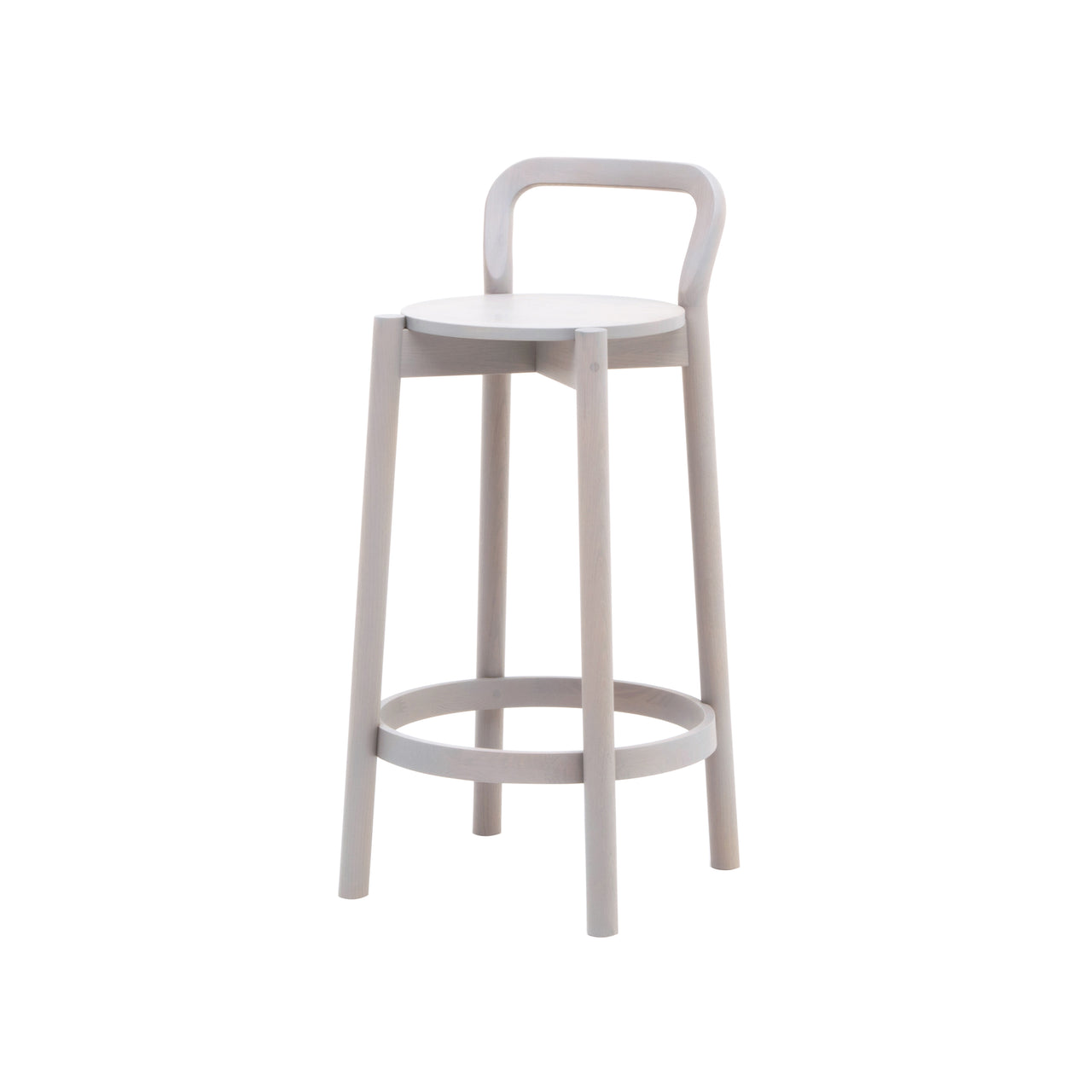
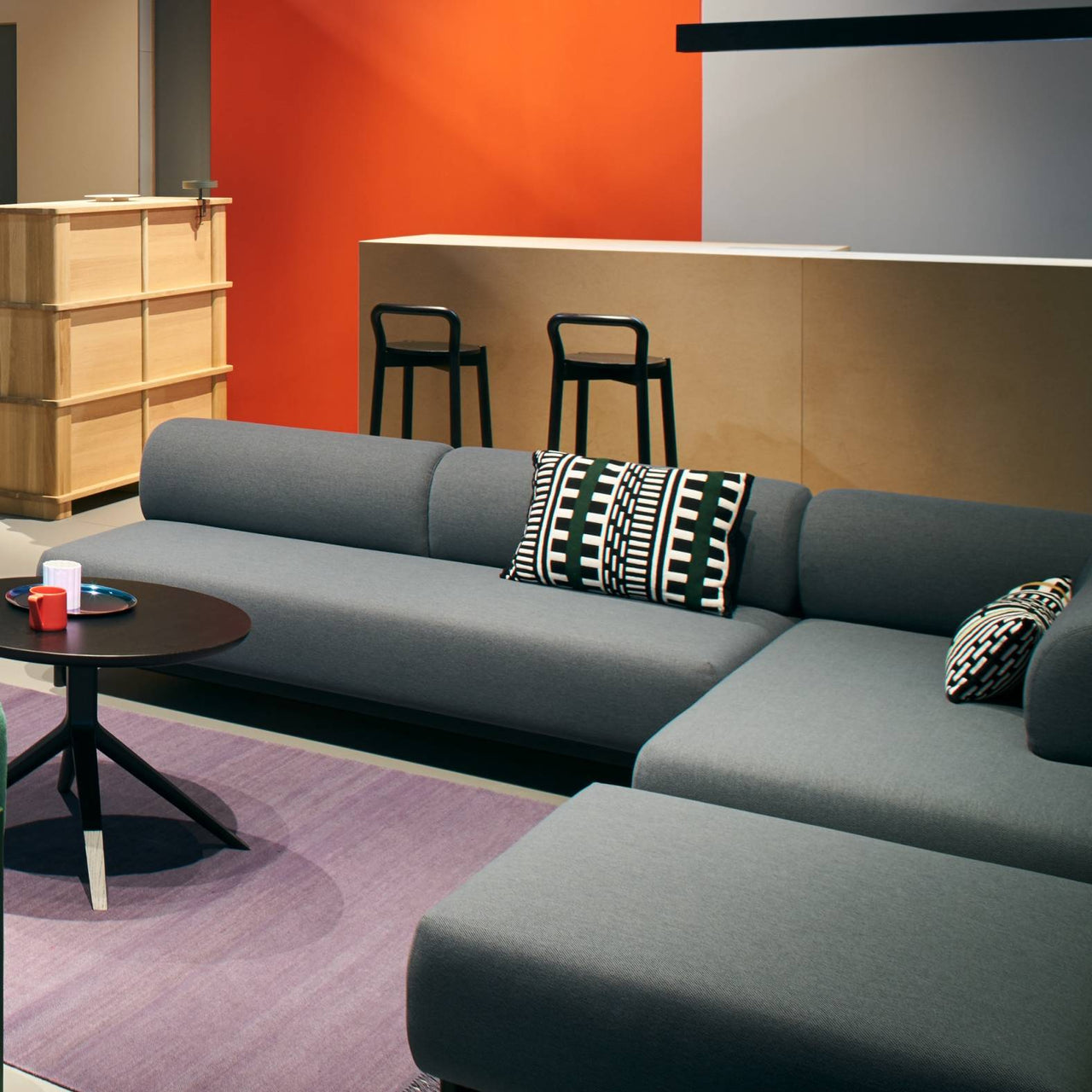
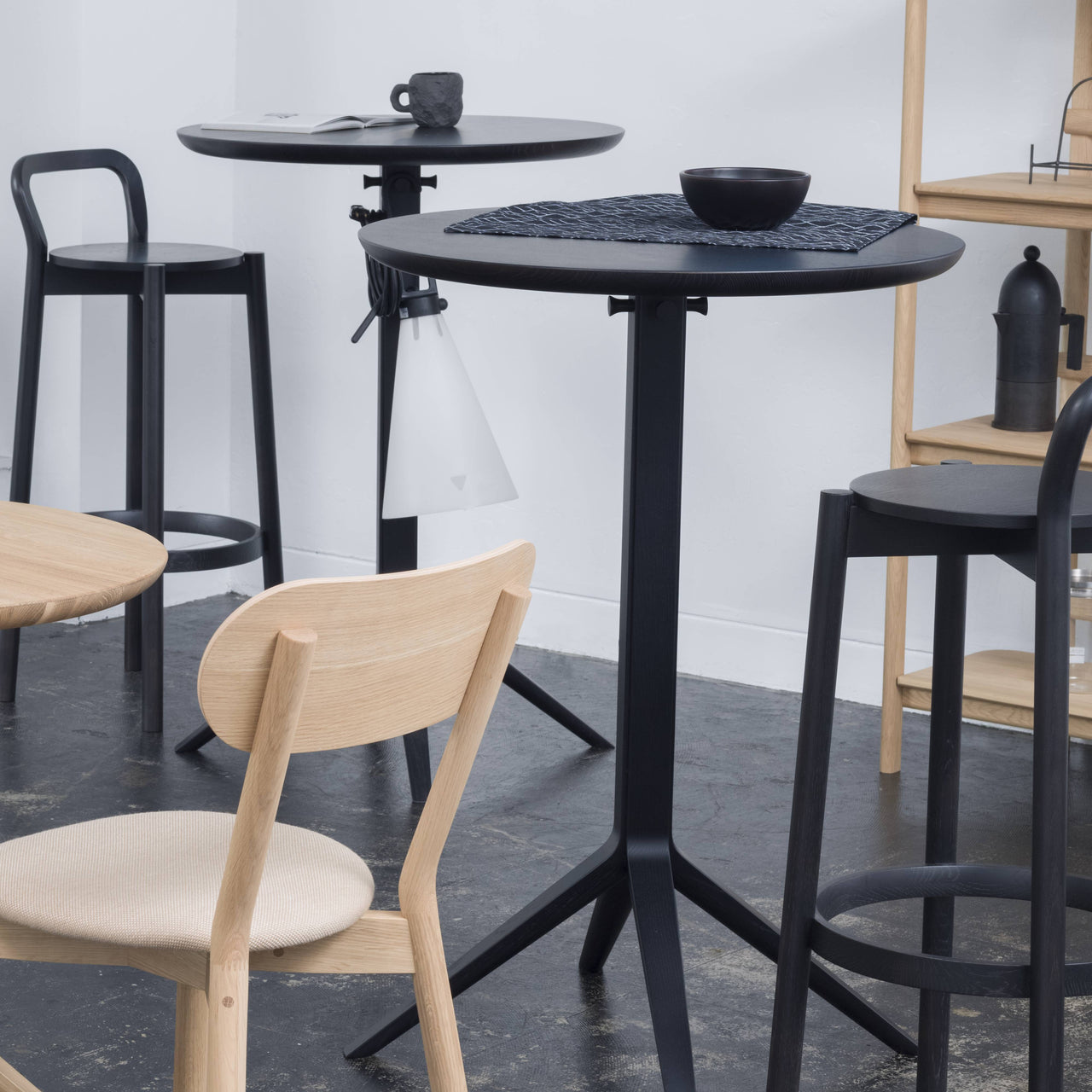
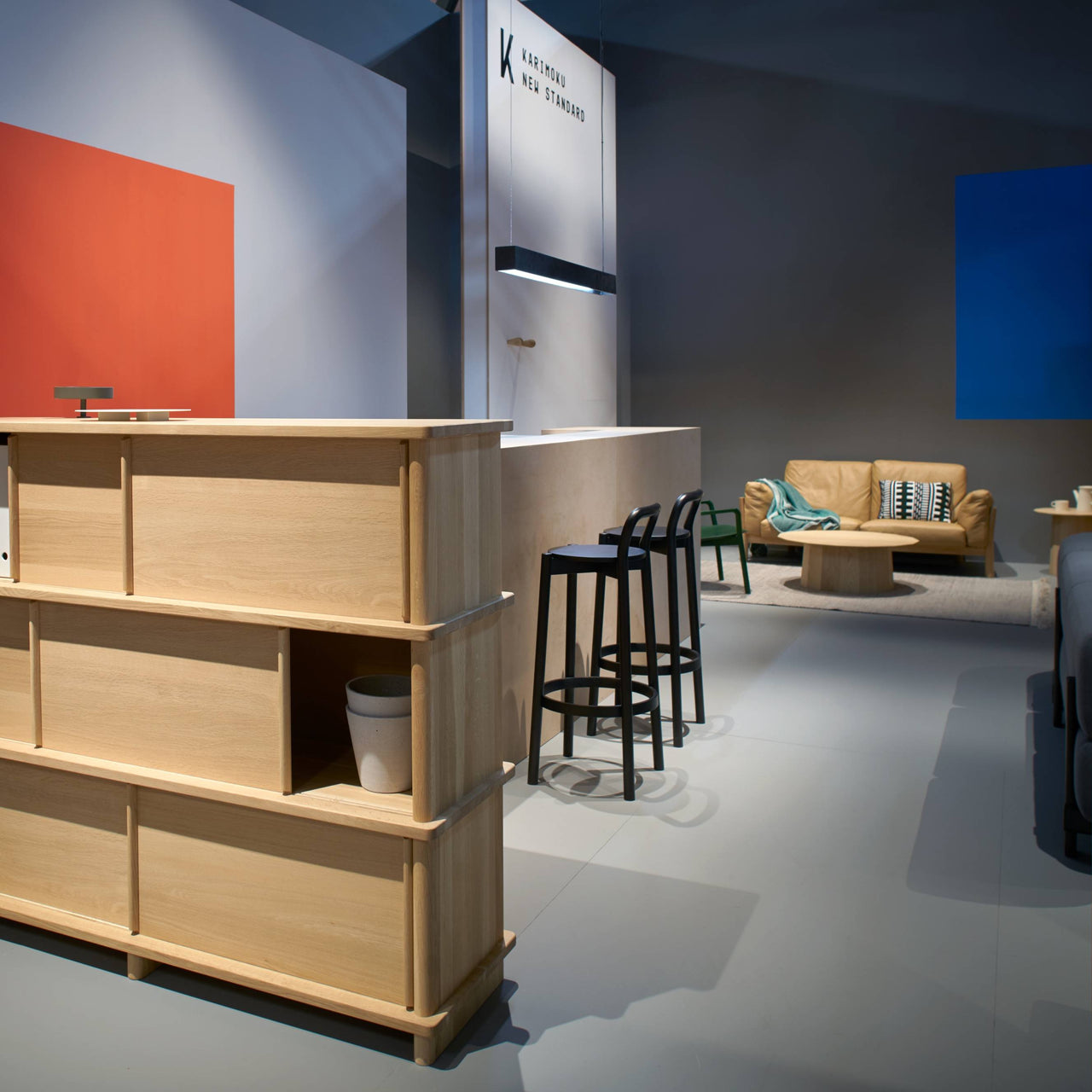
Karimoku New Standard × Big-Game
Castor Bar + Counter Stool with Backrest
$910
–
$925
$910
–
$925
$910
–
$925
$910
–
$925
$910
–
$925
$910
–
$925
$910
SKU: KNS-P3406BM670
$910
SKU: KNS-P3406BG670
$910
SKU: KNS-P3406BE670
$925
SKU: KNS-P3406BMB
$925
SKU: KNS-P3406BMC
$925
SKU: KNS-P3406BME
Description
With a backrest for added comfort, Karimoku adds a second barstool to its signature Castor collection. Crafted in sustainably sourced Japanese oak, it features a footrest that is reinforced with a recessed stainless-steel fitting for added stability. In either bar or counter height, it's as apropos to home kitchen islands as to cafes, bars and offices. A clear finish accentuates the texture and look of the woodgrain, offered in natural or transparent grey or black.
Specifications
Size
- Bar: 36.3" h x 15.9" w x 16.1" d (92.1x40.4x40.9cm)
- Seat height: 29.9" (76cm)
- Counter: 32.7" h x 15.9" w x 16.1" d (83.1x40.4x40.9cm)
- Seat height: 26.4" (67cm)
Material
Oak
Brand
Karimoku New Standard
It has always been about the wood. Shohei Kato opened a small woodworking shop in 1940 from a longstanding timber firm he acquired in Kariya. The first letters of the town name combined with “moku,” as in “mokuzai” ( “wood”) provided the brand name. Furniture followed within 2 decades, along with several brands under the Karimoku umbrella. Then in 2009, with his grandson Hiroshi Kato as vice president, the Karimoku New Standard branch launched to develop works with international designers in the modern design arena.
The star roster includes Swedish studio TAF, the Swiss team Big-Game and Dutch duo Scholten & Baijings. Among them is David Glaettli, who also serves as KNS brand creative director and dubbed its credo as “high-tech and high-touch.” The highly skilled Japanese carpentry and hand-applied painting that are a part of the parent company heritage are integral to KNS. It also looks forward, revitalizing native forests by targeting undervalued, sustainably grown hardwoods. Advanced technologies have elevated the low-diameter chestnut, maple and oak trees, once turned into wood chips for paper pulp, into something of lasting beauty. The aim, notes Hiroshi, is “furniture that will be used and loved for more than 100 years.”
